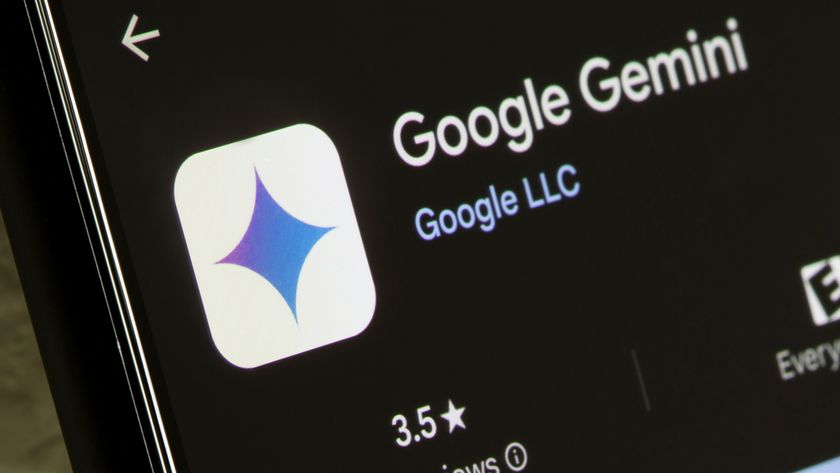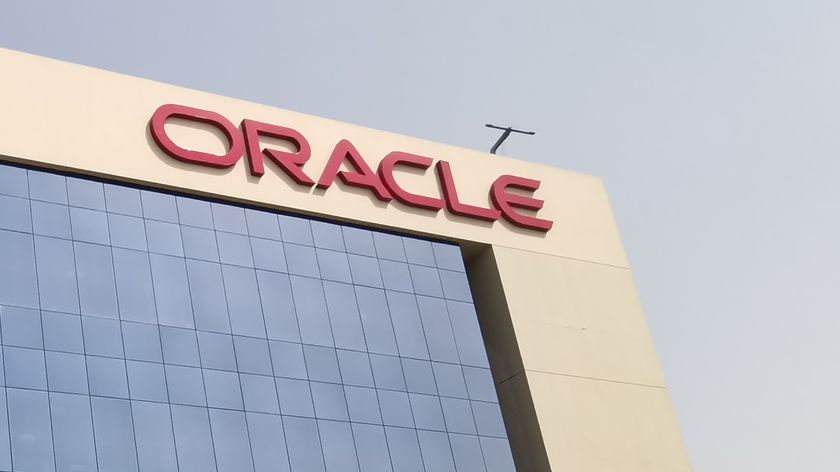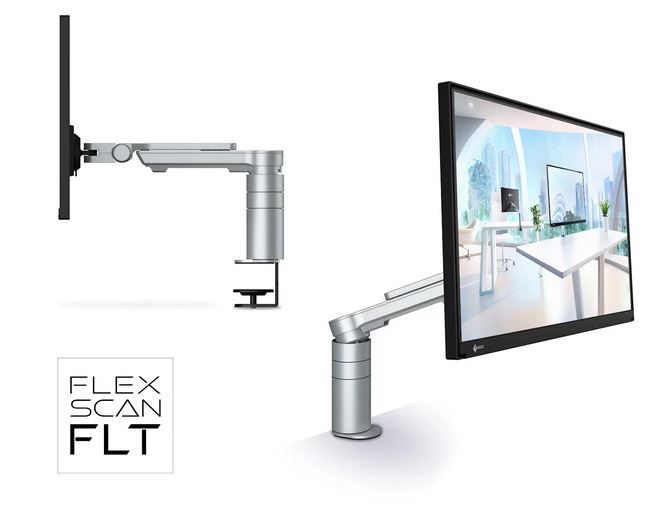Make time for Making Tax Digital
Becoming a digital-first company

Change is fast approaching across the business sector. Taking effect from the 1st April 2019, Maxing Tax Digital (MTD) is the latest government initiative that requires all VAT-registered companies above the VAT threshold of £85,000, to use the new MTD service to submit tax returns digitally.
Although announced by HMRC, a recent survey by the Federation of Small Business (FSB) found that nearly half don’t have the right software in place to deal with the new regulations. Should businesses choose not to upgrade their software, remaining with their existing system could mean they simply will not be compliant, leaving them seriously vulnerable to risk of higher fees.
With business operations constantly becoming more digitalised, the new MTD service is set to create a more modern and efficient experience for its users. However, multiple organisations find it hard to currently get their tax correct without the new gateway, with around £8 billion in tax lost per year due to easily avoidable faults. As a result of this, many have turned to using third party suppliers to assist them in the procedure of submitting tax in a more efficient and cost effective way.
- Coming to terms with Making Tax Digital
- Busting common myths about Making Tax Digital
- Xero - it’s time for accountancy to break out of the dark ages
Research has found that only 30,000 of the 1.2 million companies needing to register with HMRC have currently done so, showcasing the need for companies to prepare for this change and take responsibility in ensuring that they are well equipped.

Software review
Preparing for changes sooner rather than later is advised in order to avoid a backlog of issues that may arise early next year when businesses are rushing to convert to digital taxation before the final deadline in April 2020. Therefore, it is crucial that organisations review their accounting software to ensure that it is compatible with this change. Decision makers should review its current reporting systems and engage with their software supplier to help deal with this change.
Consideration of cost and the potential disruption it may have on the business is essential so any challenges that may arise can be resolved quickly and efficiently. Additionally, budgets should be altered if necessary to ensure all costs are covered and businesses aren’t left short of funds.
Almost everyone will be affected by the change, including businesses, landlords, the self-employed and individuals. Many businesses are still unaware of the impact that Making Tax Digital will have on their business and the benefits it will have. Research has highlighted that 16% of SME’s use a shoebox to store receipts and tax details, 23% use manual bookkeeping, and 27% use spreadsheet, whilst only a third use software.
Are you a pro? Subscribe to our newsletter
Sign up to the TechRadar Pro newsletter to get all the top news, opinion, features and guidance your business needs to succeed!
Better in the long run
One of the main benefits of MTD is its ability to create accurate reporting. Due to information being stored on HMRC, businesses are able to check that the information they have about them is correct and if necessary, edit it. Now, organisations will no longer have to wait until the end of the tax year to see what they owe or any tax information for that matter. Instead, they will be able to see this information in real time, therefore increasing productivity.
Although it may seem time consuming to move all records and data over to digital software, in the long run businesses will save time and provide a more streamlined approach. This overall change will be easier for taxpayers to understand and with data being transported digitally the likelihood for errors is decreased.
Making Tax Digital is more that just a change of software, it is a process that will be the beginning of a digital journey, with the aim of modernising how tax is reported and handled. With this deadline looming, businesses need to be proactive by preparing and planning ahead. Talking to their third party suppliers or the company that assists them with accounting will help give a better idea of this digital transformation and provide them with the knowledge they require.
This change will help these companies transition into a digital-first world and benefit from improved reporting, reduced stress and faster results. It will be interesting to see how Making Tax Digital will benefit businesses in the future and how it will create a transparent taxation system.
Andrew Pritchard, Managing Director at Datel
- We've also highlighted the best UK tax software


















